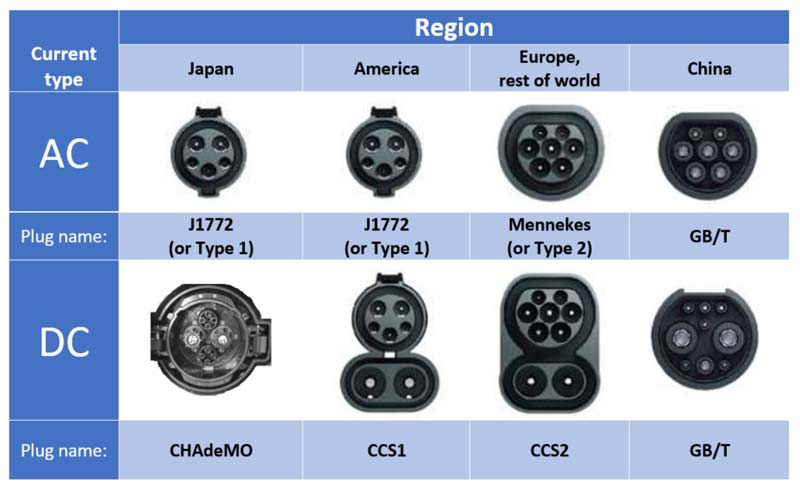
The Bureau of Indian standards (BIS) brings new EV charging Standards that aligned with the Indian requirements. Let’s checkout the necessity of a common standard for electric vehicle charging and a few details about the new standard to be published.
Before we deep dive into the topic, I have a question for you.
How do we know what is the current social trend or what’s happening right now? Surfing through the web and spending time on social media might give you an idea about what’s happening.
But how do you know that if something huge is happening or is real? Yes, You guessed it right the answer is, new norms and regulations from the government. Whenever something huge is happening or gets widely accepted governments or the concerned bodies will have to put forth new rules and regulations.
Though most of the youngsters out there are a bit hesitant towards the new regulations and standardizations, there are numerous reasons that we should welcome those new standards.
Why we should embrace new regulations and standards?
- The first and foremost thing is it increases safety
- It eliminates ambiguity and confusion
- It aids in mass production thus reduces maintenance cost and repair.
Over the last few years, the Indian automotive sector has gone through quite a bit of change and one among them was the newly found inclination towards electric vehicles.
The Indian government and the people in India are in favour of electric vehicles because it has a pivotal role in pollution control, the energy sector and the economy.
India is in favor of electric vehicles because,
- It is a very useful tool to control pollution in the cities.
- It is considered to be more economical for numerous reasons such as less maintenance cost and less energy consumption.
Need for new Standards: A real Example
As a result of environmental consciousness and cost-effectiveness, Indian roads have started to replace the conventional Indian tuk-tuk(Auto rickshaw) which is highly polluting and less efficient with smart and highly efficient electric rickshaws. Though this change was rapid, Indian roads were lacking the charging infrastructure required for the smooth operations of the new smart E-Rickshaws.
One of the major reason for that is said to be the lack of uniformity and charging requirements of the E-Rickshaws.
Major automakers in India has identified the need to bring uniformity to the charging standards since it will reduce the ambiguity in EV charging to a great extent.
We know that there are different types of charging standards all over the world. They are region or country specific.
In North America, vehicles will often be supplied with a SAE J1772 / CCS combo connector, which incorporates both AC and DC charging into one connector. Another connector used for EV charging is ChAdeMO and it is widely used in Japan.
The electric car giant Tesla Inc. has introduced its own charging standard for Fast Charging of electric vehicles.
As a result of the the unavailability of a common standard for the charging it would not be easy for the EV user to choose a public charging station to charge the vehicle.
It is highly necessary to have a common charging standard in a region for the wider adaption of electric vehicles.

Waking Up To The Need
Realizing the need for refined EV charging standards BIS has a sectional committee for preparing the revised standards. The committee is expected to address a variety of concerns and aspects of EV charging. The main purpose of the committee is to put forth a custom standard that is aligned with Indian requirements as well as the global standards such as, IEC 61851; IEC 62196 and ISO 15118.
The standards to publish would define the
- General charging requirements
- Safety aspecs
- Communication between charger and vehicle
- DC charging for EVs
- Battery swapping
- etc.
Conclusion
Bureau of Indian standards or simply BIS, is bringing new standards and specifications to EV charging stations in India in order to facilitate a smooth and safe transition from IC-engine powered vehicles to Electric vehicles on Indian roads. Though the new standards may create a bit of trouble initially, in the long run, it would have substantial effects on E-mobilization in India.
The new standards will be structured towards the rapid growth of the charging station network and it is expected to increase the acceptance of electric vehicles among Indians.